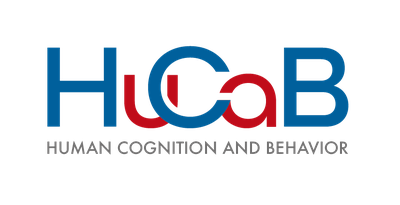Tobias Rothmund, Andreas Mojzisch and Stefan Schulz-Hardt
Effects of consensus information and task demonstrability on preference-consistent information evaluation and decision quality in group decision making.
Basic & Applied Social Psychology
Groups often fail to solve hidden profiles even when all information is exchanged. This is partly due to biased evaluation of information. We examined the effects of consensus information and task demonstrability on preference-consistent information evaluation and decision quality. The results showed that the evaluation of unshared but not shared information was moderated by consensus information and task demonstrability. For unshared information, majority members exhibited a higher evaluation bias favoring preference-consistent information than minority members. Task demonstrability reduced the evaluation bias only when group members received no information about the other members' preferences. Finally, majority members were less likely to solve the hidden profile than minority members, and this was partially mediated by the evaluation bias favoring preference-consistent unshared information. [ABSTRACT FROM AUTHOR]
Accession Number: 67054593; Source Information: Oct-Dec2011, Vol. 33 Issue 4, p382; Subject Term: QUALITY (Philosophy); Subject Term: GROUP decision making; Subject Term: ACCESS to information; Subject Term: PREFERENCES (Philosophy); Subject Term: MAJORITY groups; Subject Term: TASK analysis; Subject Term: EVALUATION; Subject Term: ; Number of Pages: 9p; ; Document Type: Article;


